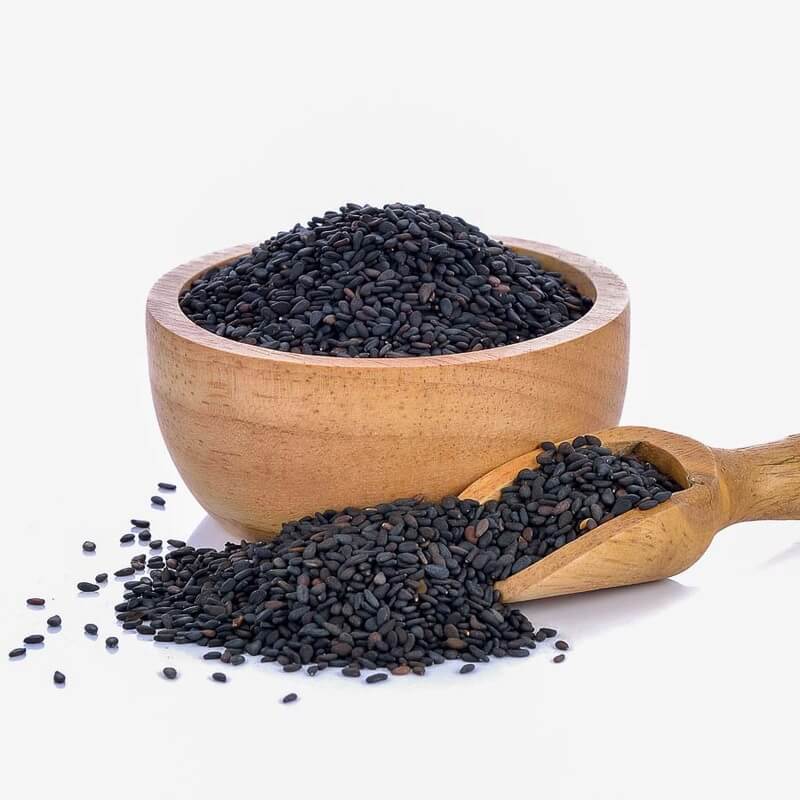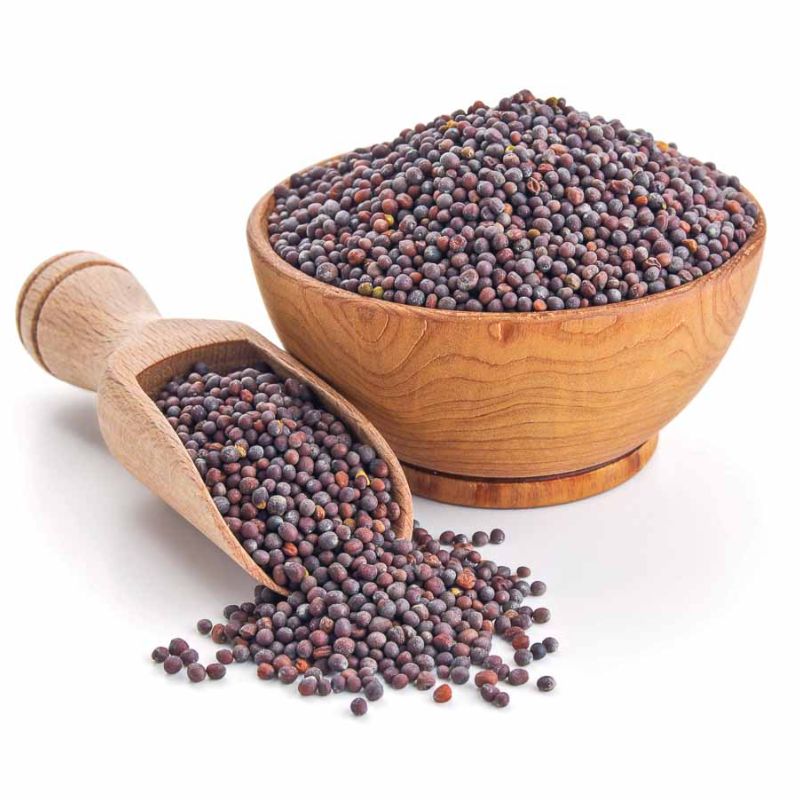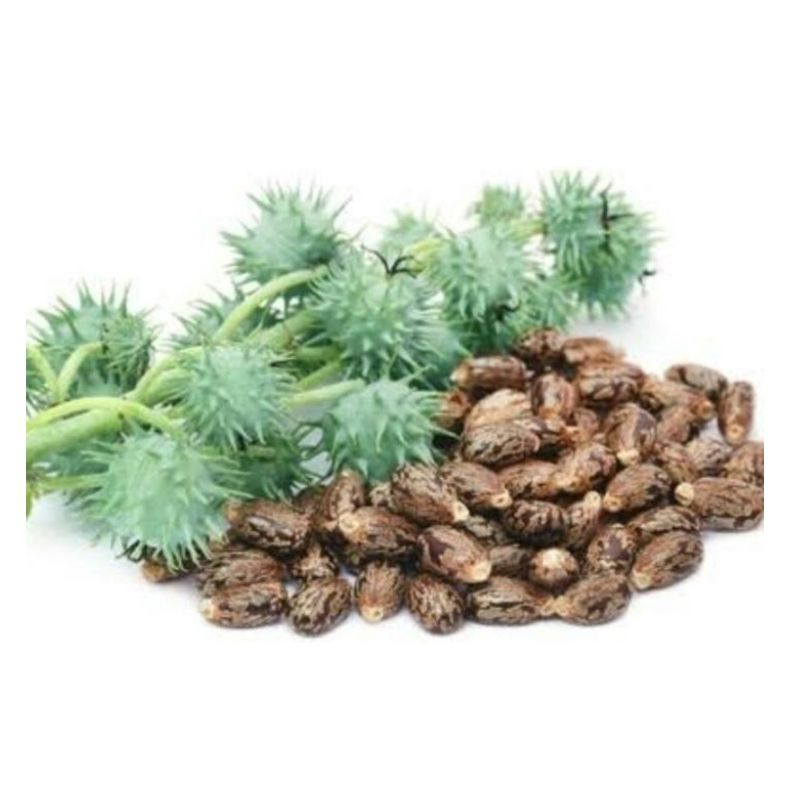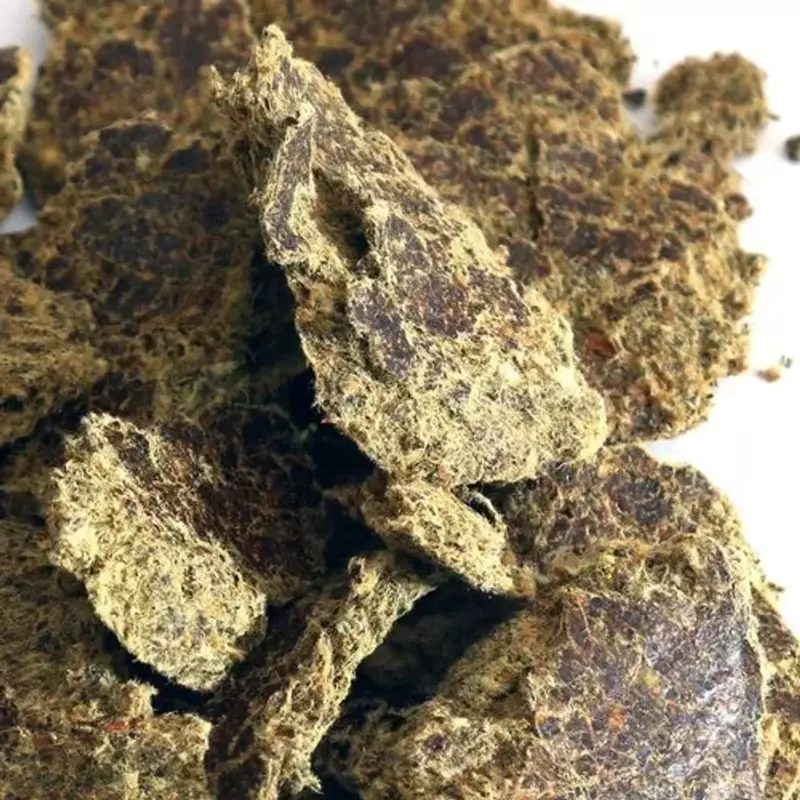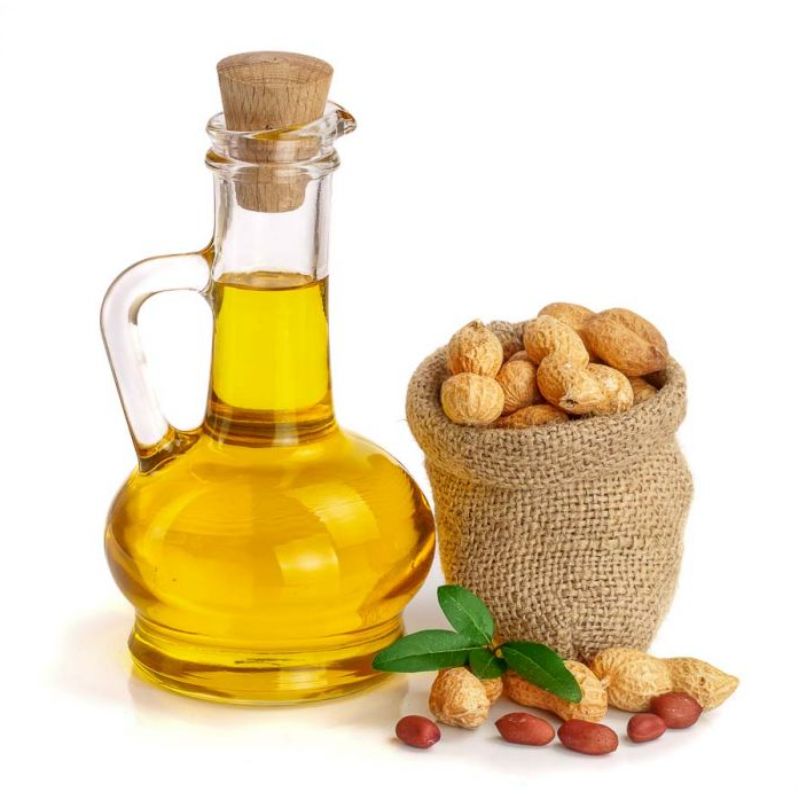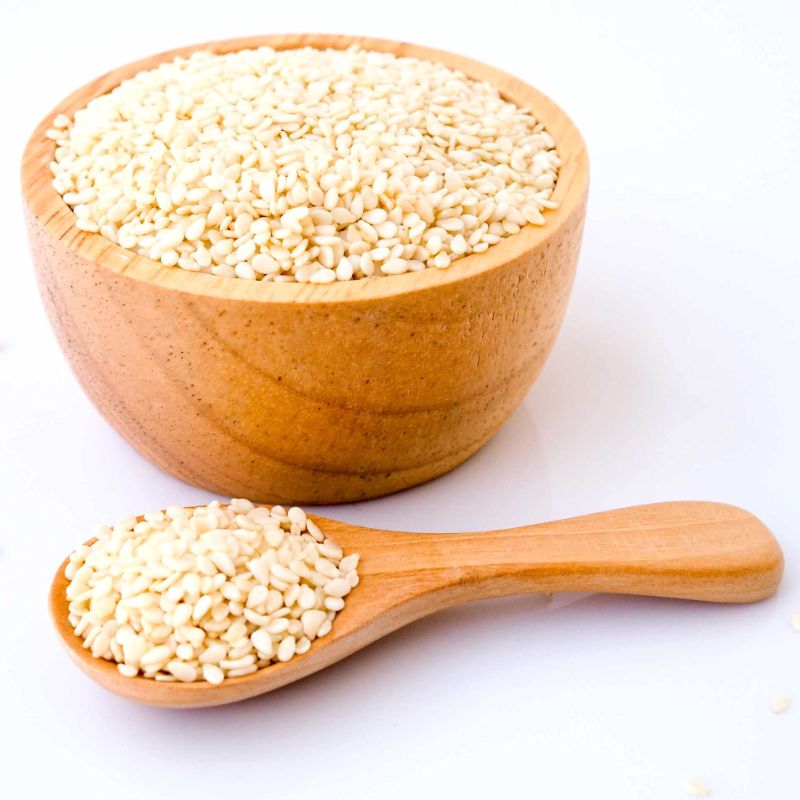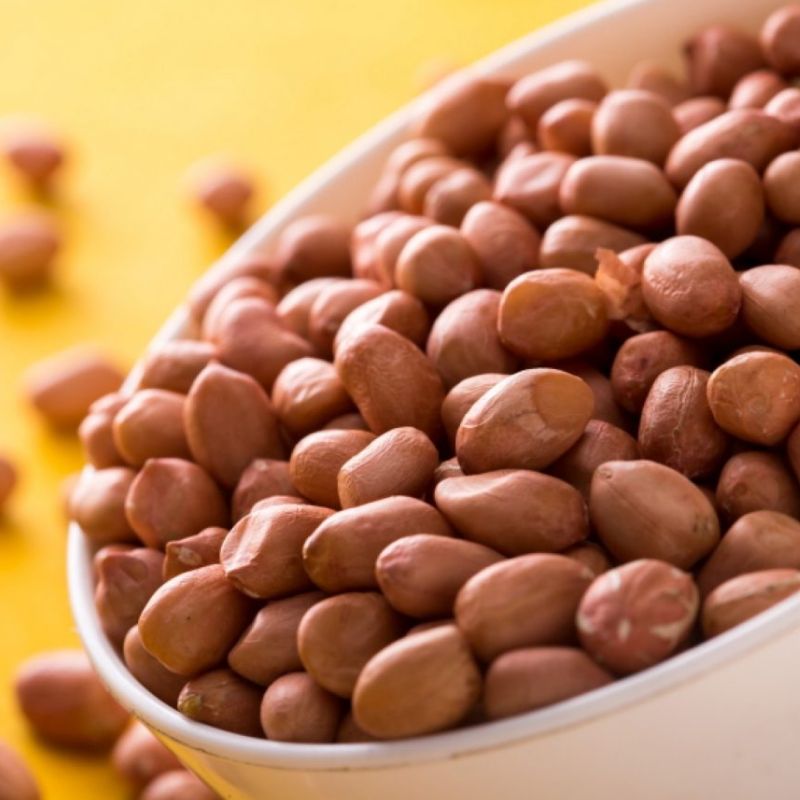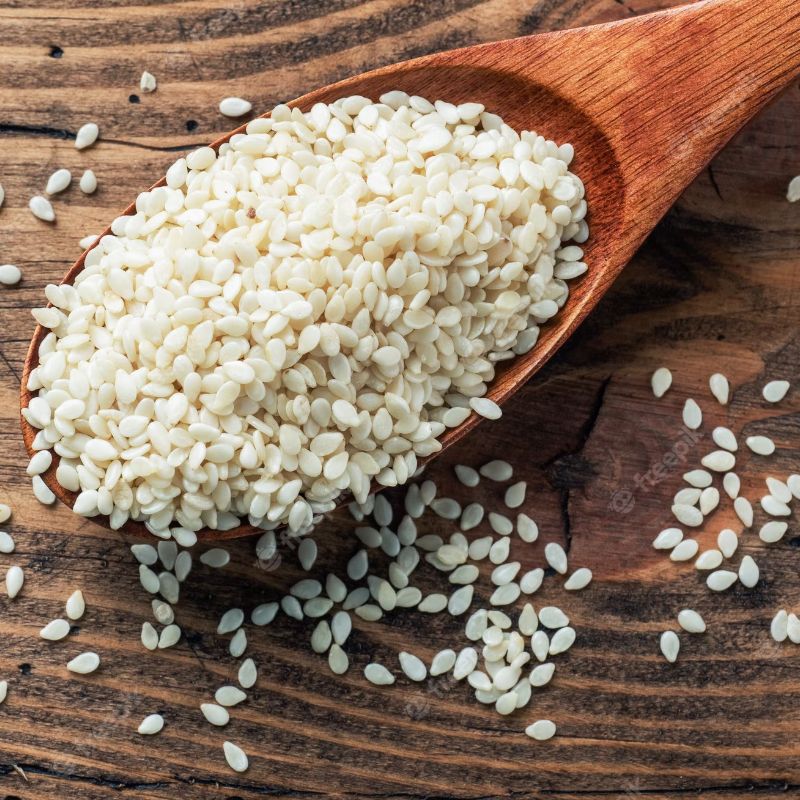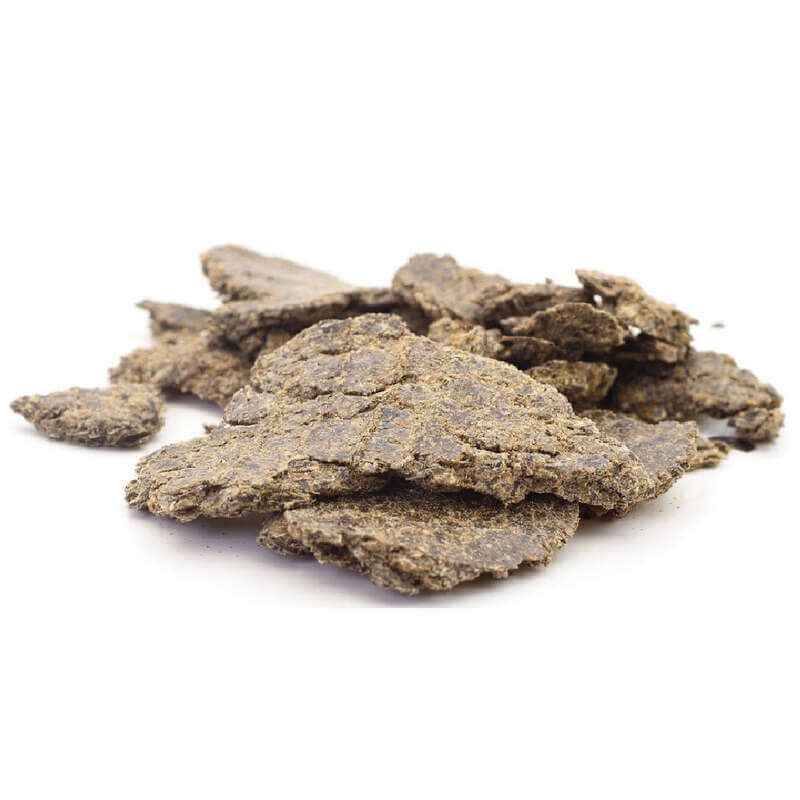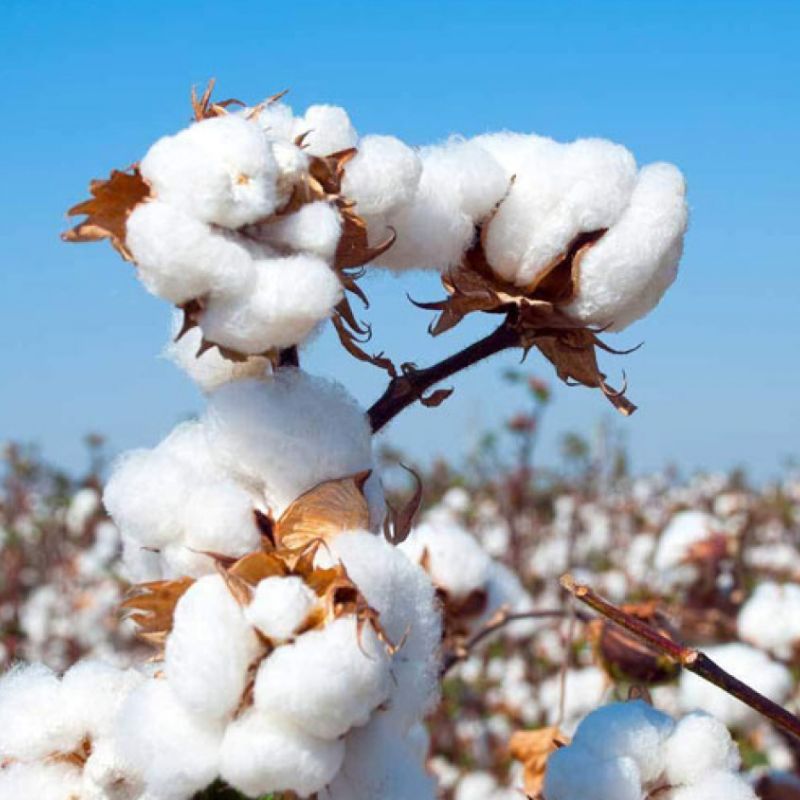JJ Foreign Trade, your trusted source for premium quality oil seeds and oils. We specialize in a wide range of products, including Java Peanuts, TJ Peanuts, Bold Peanuts, Hulled Sesame Seeds, Natural White Sesame Seeds, Groundnut Oil, Castor Oil, Raw Cotton, Castor Seeds, Black Sesame Seeds, Flax Seeds, Mustard Seeds, and Cotton Seed Oil Cake.
At J J Foreign Trade, we understand the importance of providing products tailored to your specific needs. That’s why we offer customized packing options, allowing you to choose the packaging that suits your requirements. Whether you need bulk quantities or smaller, individually packed units, we have you covered.
With our commitment to quality, you can trust that our oil seeds and oils are sourced from reliable farmers and undergo rigorous quality control procedures. We take pride in delivering products that meet the highest standards of freshness, purity, and taste.
Plant Description:
- Plant Size: Black sesame (Sesamum indicum) is an annual herbaceous plant that typically grows to a height of 2 to 4 feet (60 to 120 cm).
- Type: It belongs to the Pedaliaceae family and is one of the oldest cultivated plants known to humanity.
- Taste: Black sesame seeds have a rich, nutty flavor with a slightly bitter undertone, which intensifies when toasted.
- Color: The seeds are small, oval-shaped, and have a deep black or dark brown color.
Bold peanuts, scientifically known as Arachis hypogaea, are a popular and versatile legume that is cultivated for their nutritious and flavorful seeds. These peanuts are characterized by their distinct traits in terms of plant size, type, taste, color, soil requirements, and more. Here is a detailed description of bold peanuts:
Oil seeds are small, nutrient-packed plant seeds that serve as a valuable source of edible oils. They vary in size, typically ranging from tiny sesame seeds to larger sunflower or pumpkin seeds. These seeds are rich in various essential nutrients, including healthy fats, proteins, vitamins, and minerals.
Custard seeds, scientifically known as Custardia sativa, are a unique and highly sought-after plant variety known for their distinct flavor and culinary versatility. This article provides detailed information about custard seeds, including their plant characteristics, growth requirements, production regions, maturity period, environmental conditions, physical properties, ingredients, shelf life, storage, and uses.
Cotton seed oil is derived from the seeds of the cotton plant, scientifically known as Gossypium hirsutum. The cotton plant is a small to medium-sized shrub, typically reaching a height of 3 to 6 feet. It features broad, lobed leaves and attractive, colorful flowers, which vary in color from white to shades of yellow and pink. Cotton plants produce capsules or bolls, which contain the cotton seeds that are used to extract cottonseed oil.
Oil seeds are small, nutrient-packed plant seeds that serve as a valuable source of edible oils. They vary in size, typically ranging from tiny sesame seeds to larger sunflower or pumpkin seeds. These seeds are rich in various essential nutrients, including healthy fats, proteins, vitamins, and minerals.
Plant Characteristics:
Plant Size: The sesame plant (Sesamum indicum) typically ranges in height from 2 to 4 feet.
Plant Type: Sesame is an annual herbaceous plant belonging to the Pedaliaceae family. It is cultivated for its seeds, which are commonly used in culinary applications.
Taste: Hulled sesame seeds have a nutty, mild, and slightly sweet flavor, which becomes more pronounced when toasted.
Color: The seeds are typically small and flat, with a creamy-white or pale ivory color.
Java peanuts, scientifically known as Arachis hypogaea, are a popular and nutritious legume that is cultivated and enjoyed worldwide. This versatile crop is prized for its flavor, oil content, and wide range of culinary uses. In this article, we will explore various aspects of Java peanuts, from their growth requirements to their uses and consumers.
Muster seeds, commonly known as mustard seeds, are small, round seeds derived from the mustard plant (Brassica juncea). Mustard seeds have been cultivated for centuries and are widely used in various culinary applications and as a source of oil.
Oil seeds are small, nutrient-packed plant seeds that serve as a valuable source of edible oils. They vary in size, typically ranging from tiny sesame seeds to larger sunflower or pumpkin seeds. These seeds are rich in various essential nutrients, including healthy fats, proteins, vitamins, and minerals.
Oil seed cake is a byproduct of oilseed processing, primarily derived from plants like soybeans, sunflowers, rapeseed (canola), cottonseeds, and more. These oilseeds are cultivated for their oil-rich seeds, but the remaining cake after oil extraction has valuable uses too.
Raw cotton is the fibrous seed covering of the cotton plant, scientifically known as Gossypium. Cotton plants typically grow as small to medium-sized shrubs, depending on the variety and environmental conditions. These plants have green leaves and vibrant, attractive flowers.
Showing 1–12 of 15 results

